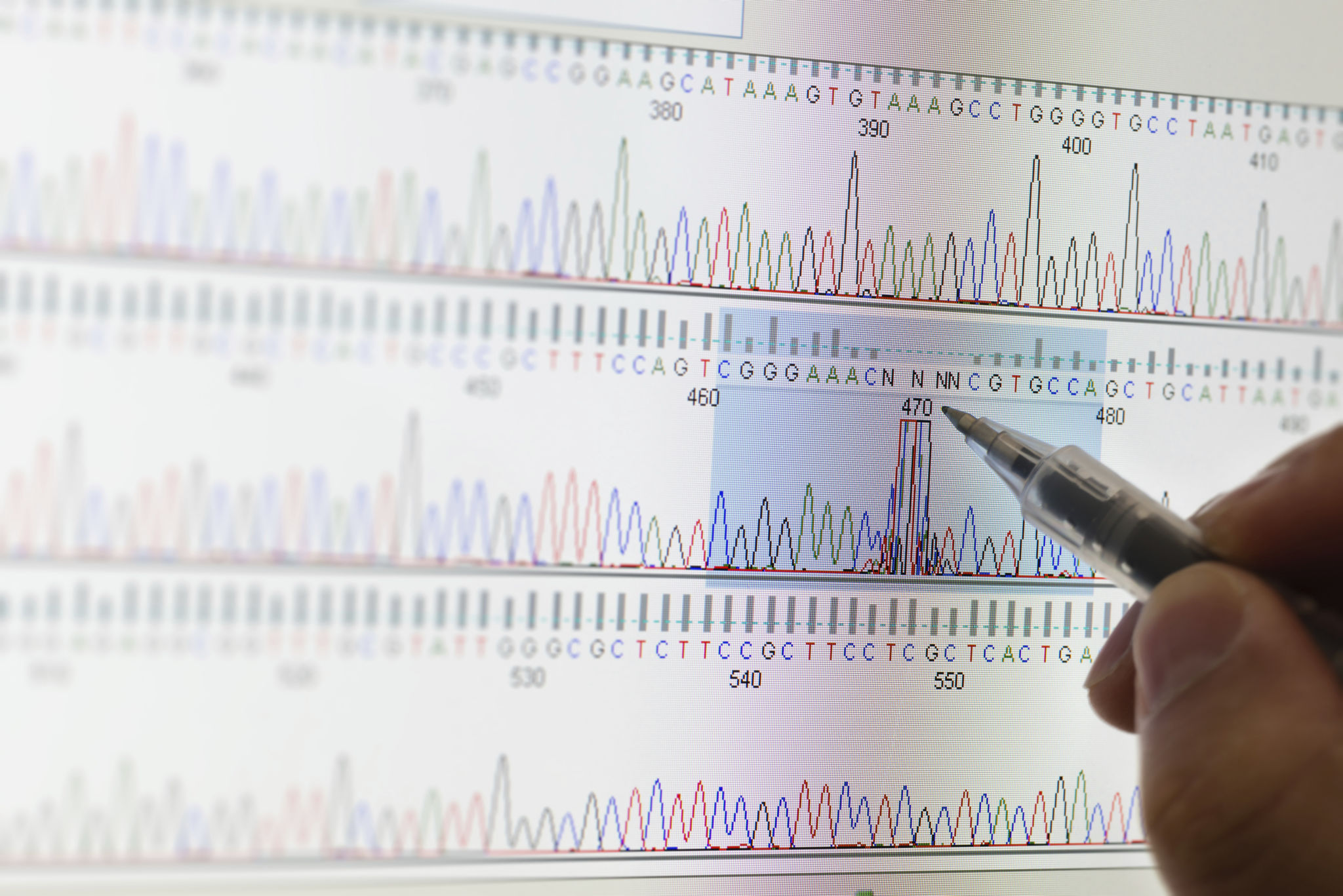How to Prepare for Your First DNA Test: What to Expect and Common Mistakes
Understanding DNA Tests
DNA testing has become a popular way to uncover one's ancestry, health insights, and genetic predispositions. Whether you are doing it for personal knowledge or medical reasons, being prepared is key to making the most out of your first DNA test experience.

The Different Types of DNA Tests
Before taking a DNA test, it's important to know which type of test is right for you. Generally, there are three main types of DNA tests:
- Autosomal DNA tests: These are the most common and provide information on your overall ancestry from both sides of your family.
- Y-DNA tests: Focused on paternal lineage, these tests are only available for males as they trace the Y chromosome passed from father to son.
- mtDNA tests: Tracing maternal lineages, these tests analyze mitochondrial DNA passed from mothers to their children, useful for both males and females.
Preparing for Your DNA Test
When preparing for your DNA test, timing is crucial. Ensure that you read the instructions provided with your test kit thoroughly. Some key tips include:
- Avoid eating or drinking at least 30 minutes before collecting your DNA sample.
- Brush your teeth and rinse your mouth an hour before taking the test to eliminate potential contaminants.
- Follow any specific instructions related to the type of sample required, whether it's saliva or a cheek swab.

What to Expect During the Process
The process of taking a DNA test is straightforward. Typically, you'll receive a test kit by mail, which includes detailed instructions and materials needed for sample collection. After collecting your sample, you will need to send it back to the laboratory using the provided packaging.
The waiting period for your results can vary depending on the service provider but generally ranges from a few weeks to a month. During this time, it's useful to familiarize yourself with how to interpret DNA test results, as they can sometimes be complex.
Common Mistakes to Avoid
Avoid common pitfalls by:
- Double-checking your information: Ensure that all your personal information and consent forms are filled out accurately before sending off your sample.
- Not following instructions: Deviating from the provided guidelines for sample collection can lead to inconclusive or inaccurate results.
- Expecting too much too soon: While DNA tests offer valuable insights, they might not provide all answers related to your ancestry or health. Set realistic expectations about what you'll learn from the results.

After Receiving Your Results
Once you've received your DNA results, take your time to review and understand them. If there are aspects of the results that are unclear or concerning, many DNA testing companies offer consultation services with genetic counselors who can help interpret the data.
Consider sharing your findings with family members, as they may provide additional context or information about your family history. Moreover, if the results reveal any potential health risks, it might be wise to consult with a healthcare professional for further advice.
In conclusion, preparing for your first DNA test involves understanding the different types of tests available, carefully following preparation guidelines, and knowing what to expect during and after the process. By avoiding common mistakes and setting realistic expectations, you'll be well on your way to unlocking valuable insights into your genetic makeup.